
Find Help
More Items From Ergsy search
-

When will the new HMRC tax changes be officially confirmed?
Relevance: 100%
-
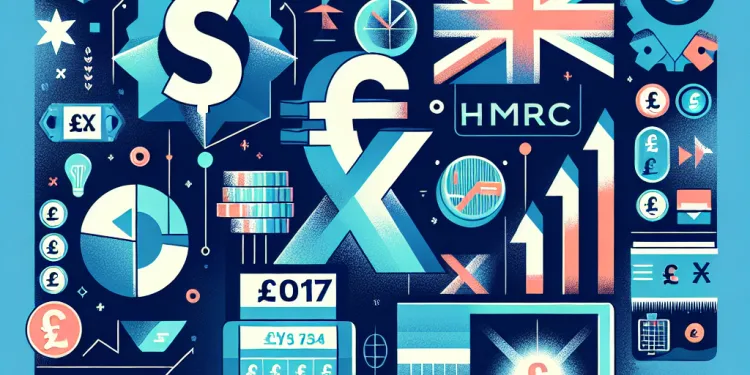
What are HMRC Income Tax Changes in April 2026?
Relevance: 95%
-
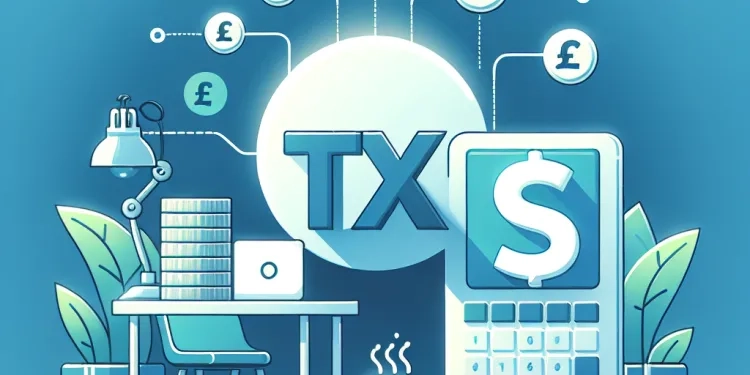
HMRC Tax Refund letters
Relevance: 88%
-

What is an HMRC tax refund letter?
Relevance: 85%
-
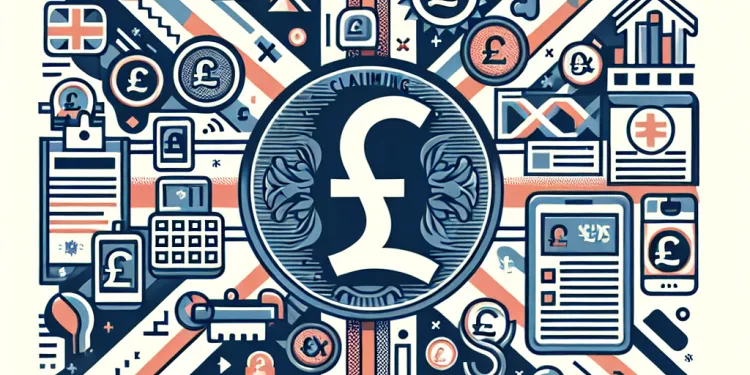
How do I claim my tax refund from HMRC?
Relevance: 83%
-
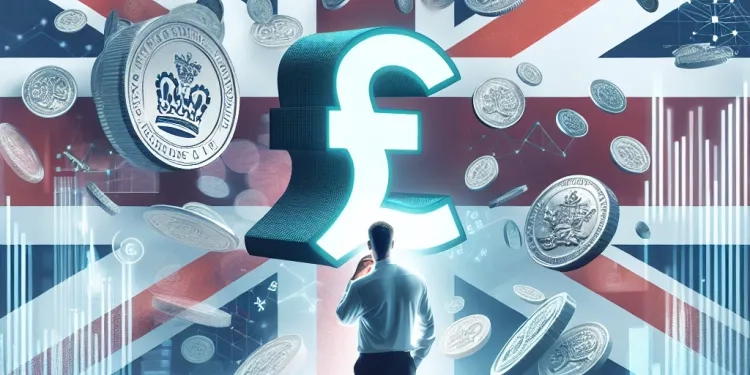
What are the HMRC income tax changes coming into effect in April 2026?
Relevance: 83%
-

Why did I receive a tax refund letter from HMRC?
Relevance: 78%
-

Does the HMRC Employer Bulletin cover changes in employment law?
Relevance: 76%
-

Will HMRC contact me via phone or email regarding my tax refund?
Relevance: 75%
-

How long does it take to receive a tax refund from HMRC?
Relevance: 74%
-
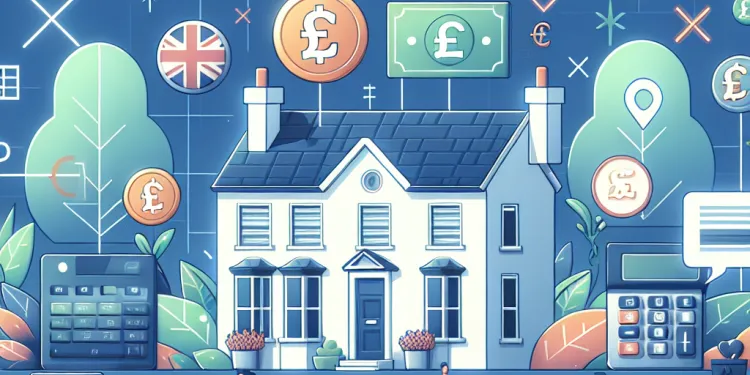
What is the HMRC Employer Bulletin?
Relevance: 70%
-

Is the HMRC Employer Bulletin relevant for small businesses?
Relevance: 68%
-

Does the HMRC Employer Bulletin provide guidance on compliance?
Relevance: 68%
-

How do I notify HMRC of someone’s death?
Relevance: 67%
-

Do I need to inform HMRC about the death?
Relevance: 67%
-

Is the HMRC Employer Bulletin free?
Relevance: 66%
-

How are the topics for the HMRC Employer Bulletin chosen?
Relevance: 65%
-

Can I appeal against a penalty from HMRC?
Relevance: 65%
-

Does the HMRC Employer Bulletin provide contact details for further inquiries?
Relevance: 63%
-

What is the HMRC's new penalty point system?
Relevance: 63%
-
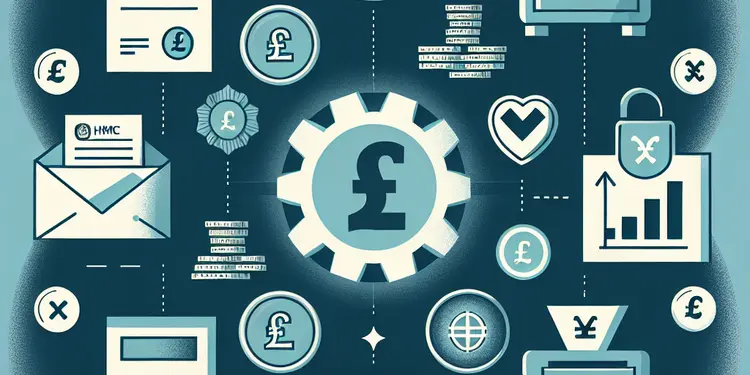
Do I need to provide financial evidence to HMRC for the arrangement?
Relevance: 63%
-

Is feedback allowed on the HMRC Employer Bulletin?
Relevance: 61%
-

Can I get help from HMRC with my Self Assessment?
Relevance: 61%
-
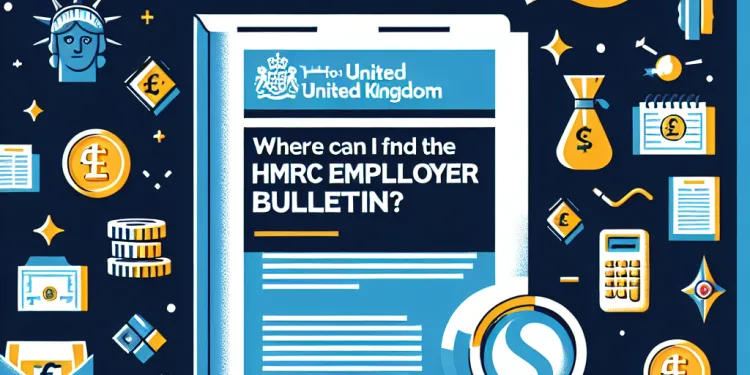
Where can I find the HMRC Employer Bulletin?
Relevance: 60%
-

Are there digital and print versions of the HMRC Employer Bulletin?
Relevance: 60%
-

Can I access past issues of the HMRC Employer Bulletin?
Relevance: 60%
-

How can I sign up to receive the HMRC Employer Bulletin?
Relevance: 60%
-

Can the HMRC Employer Bulletin help with payroll management?
Relevance: 60%
-

How does HMRC inform you about penalty points?
Relevance: 59%
-

How soon should I prepare for the 2026 tax changes?
Relevance: 59%
-
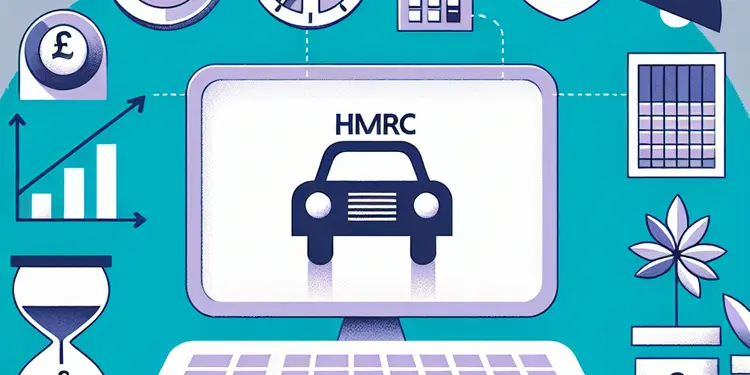
Who does the HMRC penalty point system apply to?
Relevance: 58%
-
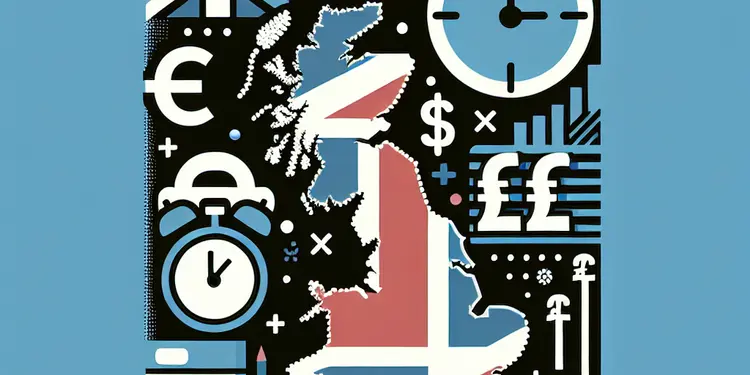
When did HMRC's new penalty point system come into effect?
Relevance: 55%
-

Are there changes expected for tax credits in April 2026?
Relevance: 55%
-

Are there expected changes to capital gains tax in 2026?
Relevance: 55%
-

How might these changes affect taxpayers on PAYE?
Relevance: 54%
-

Can I dispute a tax refund decision from HMRC?
Relevance: 54%
-
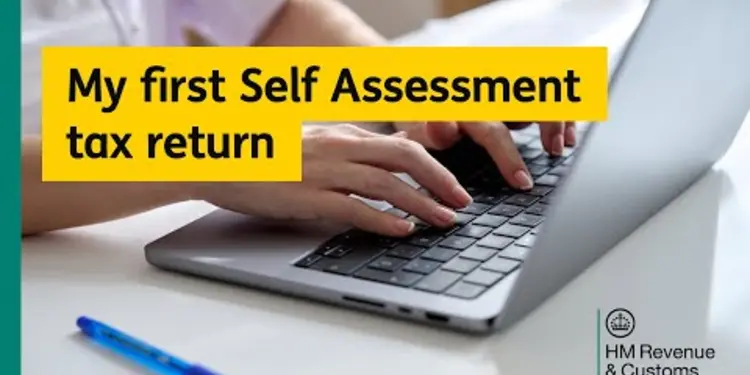
My first Self Assessment tax return
Relevance: 54%
-

What if I owe more than £30,000 in Self Assessment tax?
Relevance: 54%
-
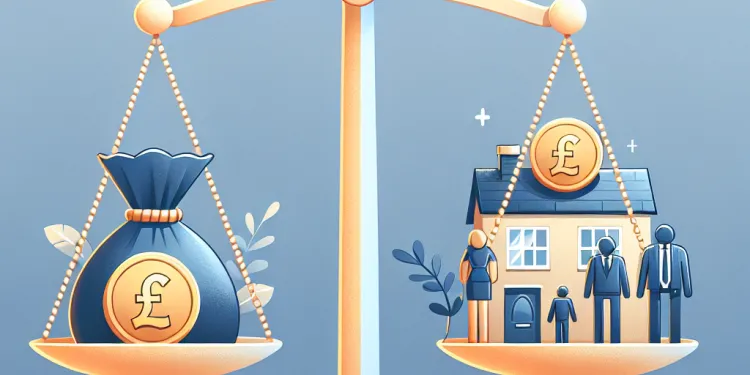
Do unpaid tax debts affect Inheritance Tax calculations?
Relevance: 54%
-

Higher Income Tax - How to Claim Pension Tax Relief | Extra 20% Boost
Relevance: 53%
Introduction to HMRC Tax Changes
Understanding when HMRC tax changes will be officially confirmed is crucial for taxpayers in the UK. HMRC, or Her Majesty's Revenue and Customs, is responsible for the collection of taxes and ensuring compliance with tax laws in the UK. Tax changes can have significant effects on individuals and businesses, hence knowing when these changes are confirmed helps in planning and compliance.
The Process of Confirming Tax Changes
HMRC tax changes often follow a set procedure before they are officially confirmed. Typically, the process begins with an announcement during the government's annual budget statement. The Chancellor of the Exchequer outlines proposed changes to taxes, fees, and other financial measures. This statement usually takes place in the House of Commons, providing the first indication of any forthcoming tax changes.
Following the budget announcement, proposed tax changes undergo a period of consultation. This can involve discussions with industry bodies, tax professionals, and other stakeholders. The consultation period allows for feedback and adjustments to be made based on received inputs.
Legislative Process and Confirmation
After the consultation period, the proposed changes may be drafted into legislation. This legislation is then subject to parliamentary scrutiny. The process involves multiple readings and debates in both the House of Commons and the House of Lords. Amendments can be made during these discussions to refine and perfect the proposed changes.
Upon passing through both houses, the final step is the royal assent, where the monarch formally agrees to the proposed changes, making them law. Once this process is complete, HMRC tax changes are officially confirmed and announced to the public.
Timelines for Confirmation
The timeline for when HMRC tax changes are officially confirmed can vary. Traditionally, significant tax changes are announced during the budget, which typically occurs in March or October annually. Smaller, less impactful adjustments might be introduced during a fiscal event known as the 'Spring Statement' or the 'Autumn Budget.'
The entire process from initial budget announcement to formal confirmation can take several months. Consultation periods usually last a few weeks, while the legislative process could extend for months, particularly if there is significant debate or if changes are contentious. Therefore, taxpayers should be aware that tax changes are often confirmed well in advance of the new financial year to allow adequate preparation time.
Monitoring Tax News and Updates
To stay informed about when HMRC tax changes are officially confirmed, it is important to monitor government announcements, HMRC press releases, and updates from reputable financial news sources. Subscription to financial newsletters or following HMRC and government social media channels can provide timely updates on tax changes and confirmations.
In summary, while the specific date for confirmation of new HMRC tax changes cannot be precisely determined far in advance, understanding the legislative process and staying informed through various channels is key to managing any financial implications these changes might entail.
Introduction to HMRC Tax Changes
It is important to know when tax changes are confirmed by HMRC. HMRC stands for Her Majesty's Revenue and Customs. They collect taxes in the UK. Tax changes can affect people and businesses. Knowing when changes happen helps with planning.
The Process of Confirming Tax Changes
Tax changes usually follow a process. First, there is an announcement during the government's budget. The Chancellor talks about changes to taxes and fees. This happens in the House of Commons. It is the first time people hear about the changes.
After the budget announcement, there is a consultation. This means talking to people like tax experts and businesses. They give feedback and suggest changes.
Legislative Process and Confirmation
After consultation, the changes can be written into a law. The law is discussed in parliament. This includes the House of Commons and the House of Lords. People may suggest improvements during these talks.
When both houses agree, the law goes to the monarch. The monarch gives royal assent, which means they agree. After this, the changes are official and announced to everyone.
Timelines for Confirmation
The timeline for tax changes can be different each time. Big changes are usually talked about in the budget, which happens in March or October. Smaller changes might be in the 'Spring Statement' or 'Autumn Budget.'
The whole process can take months. Consultation lasts a few weeks. Discussing the law in parliament can take longer. It is good to know tax changes are confirmed before the new financial year starts.
Monitoring Tax News and Updates
To know when tax changes are confirmed, watch out for government and HMRC news. You can read financial news and subscribe to newsletters. Follow HMRC and the government on social media for updates.
In short, it is hard to know exactly when tax changes will be confirmed. But, understanding how it works and staying updated helps you manage your finances.
Frequently Asked Questions
What are the HMRC tax changes?
The HMRC tax changes refer to updates in taxation policies and regulations implemented by Her Majesty's Revenue and Customs in the UK.
Why are the HMRC tax changes important?
These changes can affect how much tax individuals and businesses must pay, influencing financial planning and compliance.
Where can I find announcements about HMRC tax changes?
Announcements are typically made on the official HMRC website and through government press releases.
When do HMRC tax changes typically get announced?
HMRC tax changes are often announced during the UK government's annual budget or at the start of a new tax year.
How will I know if there are new HMRC tax changes?
You can stay informed by following HMRC's official communications, subscribing to updates, or consulting a tax professional.
Who decides on HMRC tax changes?
Tax changes are proposed by the UK government and must be approved by Parliament.
What should I do if I am unsure about how tax changes affect me?
Consider consulting with a tax advisor or accountant to understand the implications of any new tax changes.
Can HMRC tax changes be challenged?
While individuals can express concerns, changes that are passed as law are typically binding and enforceable.
Are there any recent HMRC tax changes?
For the most current information, check HMRC's official website or follow recent government publications.
How often are there significant HMRC tax changes?
Significant changes typically occur annually, often coinciding with the government's budget announcement.
What is the process for HMRC tax changes to become official?
Proposals are made by the government, discussed in Parliament, and, if approved, become part of the tax legislation.
Why does HMRC update tax regulations?
Updates are made to adapt to economic changes, close loopholes, or meet fiscal policy objectives.
Is there a consultation period for HMRC tax changes?
Major changes often involve consultation periods where feedback from stakeholders is considered.
Do HMRC tax changes apply immediately once announced?
Effective dates vary; some changes are immediate, while others may take effect at a later time.
What happens if I don't comply with new tax changes?
Non-compliance can lead to penalties, fines, and potential legal action.
Are HMRC tax changes retroactive?
Typically, changes are not retroactive, but it's essential to review each change individually.
What resources does HMRC provide to understand new tax changes?
HMRC provides guidance notes, webinars, and support lines to help understand changes.
How can businesses prepare for HMRC tax changes?
Businesses should stay informed, consult with tax professionals, and adjust their financial practices as needed.
What role do tax professionals play in HMRC tax changes?
They help interpret changes, advise on compliance strategies, and ensure clients meet new tax regulations.
Can I provide feedback on proposed HMRC tax changes?
Yes, during consultation periods, stakeholders can provide feedback which may influence final decisions.
What are the new HMRC tax rules?
HMRC has some new tax rules. Tax is money people and businesses pay to the government. Let's learn what the new tax rules are.
Tools to help:
- Ask for help: Talk to someone who knows about taxes, like a family member or a tax advisor.
- Use pictures or videos: Look for videos or pictures online that explain the new tax rules.
The HMRC tax changes mean new rules about paying taxes. These rules are made by a group called Her Majesty's Revenue and Customs (HMRC) in the UK.
Why do the HMRC tax changes matter?
The HMRC tax changes are important because they affect how much money you pay to the government. These changes could mean you pay more or less tax.
Knowing about these changes can help you plan your money better.
If you find it hard to understand, you can ask someone you trust to explain it to you. You can also use tools like videos or guides with pictures that make it easier to understand.
These changes can change how much money people and businesses have to give to the government. This can affect how they plan their money and follow the rules.
Where can I see news about HMRC tax changes?
You can find news about HMRC tax changes by:
- Checking the HMRC website
- Watching the news on TV
- Listening to the radio
- Asking someone you trust to help you
Using these ways can make it easier to keep up with tax changes.
Messages are usually shared on the HMRC website and in news from the government.
When do we usually hear about HMRC tax changes?
Most of the time, the UK government tells us about changes to taxes from HMRC when they talk about the budget each year or when a new tax year begins.
How can I find out about new HMRC tax changes?
Here is how you can find out:
- Go to the HMRC website. They have news and updates.
- Sign up for email alerts. You will get a message when there is something new.
- Ask a grown-up you trust to help you check.
- Use apps or tools that tell you about tax changes.
If you need help, you can ask someone you trust. They can help explain things to you.
You can stay up-to-date by:
- Following news from HMRC.
- Signing up for email updates.
- Talking to a tax expert.
Who decides on changes to UK taxes?
The UK government decides on changes in taxes. They listen to ideas and then choose what to do. The government helps pay for things like schools, hospitals, and roads with the money they get from taxes.
You can ask a helper, use online tools, or find simple guides to learn more about taxes.
The UK government wants to change taxes. But first, Parliament has to say yes.
What do I do if I don't know how tax changes affect me?
If you don't understand how new tax rules affect you, here are some things you can do:
- Ask a family member or friend to explain.
- Look for easy guides on websites about taxes.
- Use online videos that explain tax changes.
- Contact a tax helpline for help.
Don't worry, it's okay to ask for help!
Ask a tax expert or accountant for help to understand new tax rules.
Can you ask questions about HMRC tax changes?
Once a rule becomes a law, everyone has to follow it. It's like a game where everyone plays by the same rules. If you think something is unfair, you can tell people about it. But once it's a law, it usually stays that way unless more changes are made.
Have there been any new HMRC tax changes?
HMRC might have made some changes to taxes. If you’re not sure what’s new, you can:
- Ask for help from someone who knows about taxes.
- Look for information on the HMRC website.
- Use apps or tools that explain taxes in simple words.
To get the latest news, look at HMRC’s website. You can also read new papers from the government.
How often does HMRC make big changes to taxes?
Big changes usually happen once a year. This is often when the government talks about their spending plan.
How do tax changes from HMRC become official?
Here is how tax changes become official:
- HMRC thinks of a change.
- They tell people about the change.
- They ask people what they think.
- They listen to people’s ideas.
- They decide if the change is good.
- If it is good, they make it a rule.
If you need help, you can:
- Ask someone you trust to explain.
- Use pictures to understand better.
- Use simple words to talk about it.
The government makes plans for new laws. People in Parliament talk about these plans. If everyone agrees, they become tax rules.
Why does HMRC change tax rules?
HMRC changes tax rules to make sure they work well. Here are some simple reasons why:
- Keep things fair: Changes help make sure everyone pays the right amount of tax.
- Fix problems: Updates can fix things that are not working well.
- Follow new laws: Sometimes new laws mean tax rules have to change.
If you want to learn more, ask a grown-up for help or use a simple online tool to explain tax rules in easy words.
Changes are made to keep up with money matters, fix any gaps, or reach money goals.
Do we talk about HMRC tax changes before they happen?
Big changes often include times when people can give their ideas and opinions.
Do tax changes start right away after being announced?
Changes can start at different times. Some changes happen right away. Other changes might start later.
What if I don't follow the new tax rules?
If you don't follow the new tax rules, you might have to pay a fine. You could also get a letter telling you to pay what you owe. To make this easier, you can use a calculator to help work out how much tax you need to pay.
If you don’t follow the rules, you might have to pay money or face other problems.
Do HMRC tax changes work backwards?
Changes usually do not affect the past, but it's important to look at each change on its own.
What help does HMRC give to explain new tax changes?
Here is how HMRC can help you learn about new tax rules:
- Guides: HMRC has simple guides you can read. They explain what the new tax changes mean.
- Videos: Watch short videos. They show you how the new tax changes work.
- Webinars: Join HMRC's online classes to learn more about the new tax rules. You can ask questions, too.
If you find reading or listening hard, you can:
- Ask someone you trust to help explain.
- Use apps that read text out loud.
Remember, it's okay to ask for help if you need it.
HMRC gives out helpful notes, online talks, and support phone lines to help you learn about changes.
How can businesses get ready for tax changes?
Businesses need to know about new tax rules. Here are simple steps to help:
- Stay Updated: Check the HMRC website often to hear the latest news.
- Use a Calendar: Mark important dates for any changes to stay on top of them.
- Ask for Help: Talk to a tax expert if you have questions or need help.
- Online Tools: Use tools or apps to help understand tax changes easily.
These steps can help businesses manage tax changes better.
Businesses should keep themselves up to date, talk to tax experts, and change their money habits when needed.
How do tax experts help when HMRC changes tax rules?
They help understand new rules, give advice on what to do, and make sure clients follow the tax rules.
Can I share my thoughts on changes to taxes?
Yes, during consultation times, people can share their thoughts. This might help change what is decided at the end.
Useful Links
This website offers general information and is not a substitute for professional advice.
Always seek guidance from qualified professionals.
If you have any medical concerns or need urgent help, contact a healthcare professional or emergency services immediately.
Some of this content was generated with AI assistance. We’ve done our best to keep it accurate, helpful, and human-friendly.
- Ergsy carfully checks the information in the videos we provide here.
- Videos shown by Youtube after a video has completed, have NOT been reviewed by ERGSY.
- To view, click the arrow in centre of video.
- Most of the videos you find here will have subtitles and/or closed captions available.
- You may need to turn these on, and choose your preferred language.
- Go to the video you'd like to watch.
- If closed captions (CC) are available, settings will be visible on the bottom right of the video player.
- To turn on Captions, click settings .
- To turn off Captions, click settings again.
More Items From Ergsy search
-

When will the new HMRC tax changes be officially confirmed?
Relevance: 100%
-

What are HMRC Income Tax Changes in April 2026?
Relevance: 95%
-

HMRC Tax Refund letters
Relevance: 88%
-

What is an HMRC tax refund letter?
Relevance: 85%
-

How do I claim my tax refund from HMRC?
Relevance: 83%
-

What are the HMRC income tax changes coming into effect in April 2026?
Relevance: 83%
-

Why did I receive a tax refund letter from HMRC?
Relevance: 78%
-

Does the HMRC Employer Bulletin cover changes in employment law?
Relevance: 76%
-

Will HMRC contact me via phone or email regarding my tax refund?
Relevance: 75%
-

How long does it take to receive a tax refund from HMRC?
Relevance: 74%
-

What is the HMRC Employer Bulletin?
Relevance: 70%
-

Is the HMRC Employer Bulletin relevant for small businesses?
Relevance: 68%
-

Does the HMRC Employer Bulletin provide guidance on compliance?
Relevance: 68%
-

How do I notify HMRC of someone’s death?
Relevance: 67%
-

Do I need to inform HMRC about the death?
Relevance: 67%
-

Is the HMRC Employer Bulletin free?
Relevance: 66%
-

How are the topics for the HMRC Employer Bulletin chosen?
Relevance: 65%
-

Can I appeal against a penalty from HMRC?
Relevance: 65%
-

Does the HMRC Employer Bulletin provide contact details for further inquiries?
Relevance: 63%
-

What is the HMRC's new penalty point system?
Relevance: 63%
-

Do I need to provide financial evidence to HMRC for the arrangement?
Relevance: 63%
-

Is feedback allowed on the HMRC Employer Bulletin?
Relevance: 61%
-

Can I get help from HMRC with my Self Assessment?
Relevance: 61%
-

Where can I find the HMRC Employer Bulletin?
Relevance: 60%
-

Are there digital and print versions of the HMRC Employer Bulletin?
Relevance: 60%
-

Can I access past issues of the HMRC Employer Bulletin?
Relevance: 60%
-

How can I sign up to receive the HMRC Employer Bulletin?
Relevance: 60%
-

Can the HMRC Employer Bulletin help with payroll management?
Relevance: 60%
-

How does HMRC inform you about penalty points?
Relevance: 59%
-

How soon should I prepare for the 2026 tax changes?
Relevance: 59%
-

Who does the HMRC penalty point system apply to?
Relevance: 58%
-

When did HMRC's new penalty point system come into effect?
Relevance: 55%
-

Are there changes expected for tax credits in April 2026?
Relevance: 55%
-

Are there expected changes to capital gains tax in 2026?
Relevance: 55%
-

How might these changes affect taxpayers on PAYE?
Relevance: 54%
-

Can I dispute a tax refund decision from HMRC?
Relevance: 54%
-

My first Self Assessment tax return
Relevance: 54%
-

What if I owe more than £30,000 in Self Assessment tax?
Relevance: 54%
-

Do unpaid tax debts affect Inheritance Tax calculations?
Relevance: 54%
-

Higher Income Tax - How to Claim Pension Tax Relief | Extra 20% Boost
Relevance: 53%


